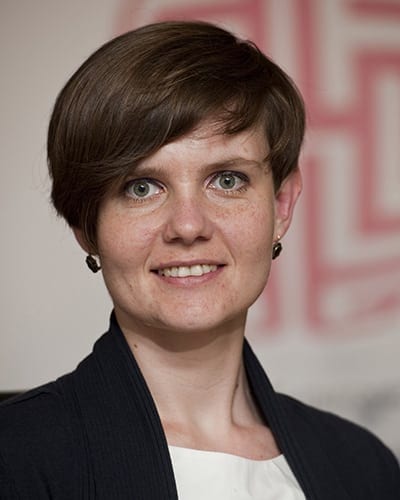Find all related publications
Publications
Find all related news
News
Find all related in the media
In the media
EU-VÍZIÓ, Dull Szabolcs újságíró Andor Lászlóval beszélget
by MÚOSZ Magyar Újságírók Országos Szövetsége 11/04/2024










